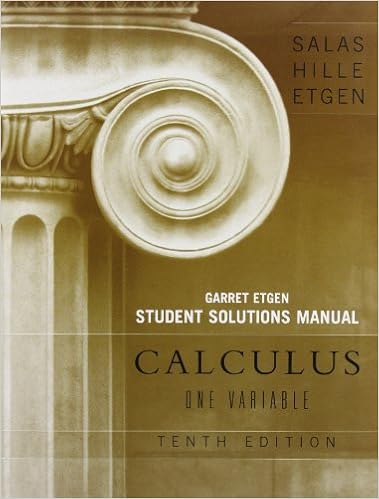

If you do happen to know a series expansion of your function, then you do not really need any computation, since the answer depends on whether there are non-zero terms with negative powers, in which case the limit does not exist, and otherwise you read off the constant term.
#Does calculus need infinitesimals how to
How to do that in practice is another story. In some cases there maybe does not exist any first non-zero term to just grab.įormally to find \( \lim_ f(x) \) using infinitesimals, you should consider the exact value \( f(\Delta x), \) as you suggest, by plugging in the infinitesimal value \(\Delta x.\) Once that is done, and if \(f(\Delta x) \) is not infinite, you have to compute the standard part function st\( (f(\Delta x) )\) to get the real value of the limit. This does not solve the problem of finding sound foundations for calculus using infinitesimals because we need to treat transcendental functions like sine, cosine, log. And, since a key point of Alexander’s book is the importance of the invention of the calculus, I’d argue that the calculus would still have been invented in the seventeenth century even had the Jesuits convinced everyone in Europe that. A limit is a value of a function (or sequence) that. Nor does he show that the ideas of Cavalieri and Wallis were widely seen as dangerous and disruptive. But a function in general may not easily be represented in this way, and it may not even be possible. This way of working with infinitesimals is one of the fundamental building blocks of calculus. A true rigorous understanding of infinitesimals is. Calculus, originally called infinitesimal calculus or 'the calculus of infinitesimals', is the mathematical study of continuous change, in the same way that geometry is the study of shape, and algebra is the study of generalizations of arithmetic operations. begingroup Nat I understand the concepts of infinitesimals but suppose we have an equation and we freely multiply these infinitesimals on both sides now what does that mean do they represent numbers or when I studied differntial calculus the infinitesimals represented when x changed by dx what is the corresponding change in y. You are thinking of a function given as a series expansion with terms ordered from lower to higher orders. I have undergraduate degrees in both math and physics, as well as significant graduate work in both areas. Under the standard meanings of terms the answers to the bulleted questions are 1) Yes, Weierstrass and Cantor 2) No, infinitesimals are an alternative to limits approach to calculus (currently standard), but both are reducible to set theory 3) No, 'monad' is Leibnizs term used in modern versions of infinitesimal analysis 4) See 2). What I was asing in my first post, is it possible to plug in an infinitesimal value? Is it possible to calculate limits using infinitesimals? The word 'calculus' comes from Latin and means a small stone used for counting. Calculus has historically been called 'the calculus of infinitesimals', or 'infinitesimal calculus'.

How many terms should I grab to go safe for every case? Why doesn't it suffice to take just the 1st non-zero term? " What does calculus mean Information and translations of calculus in the most comprehensive dictionary definitions resource on the web.


 0 kommentar(er)
0 kommentar(er)
